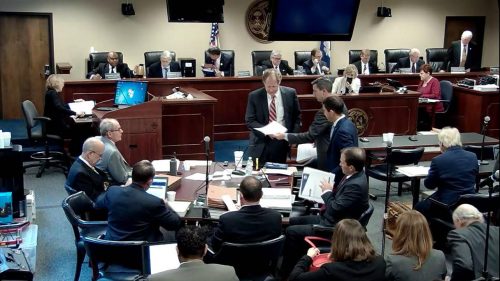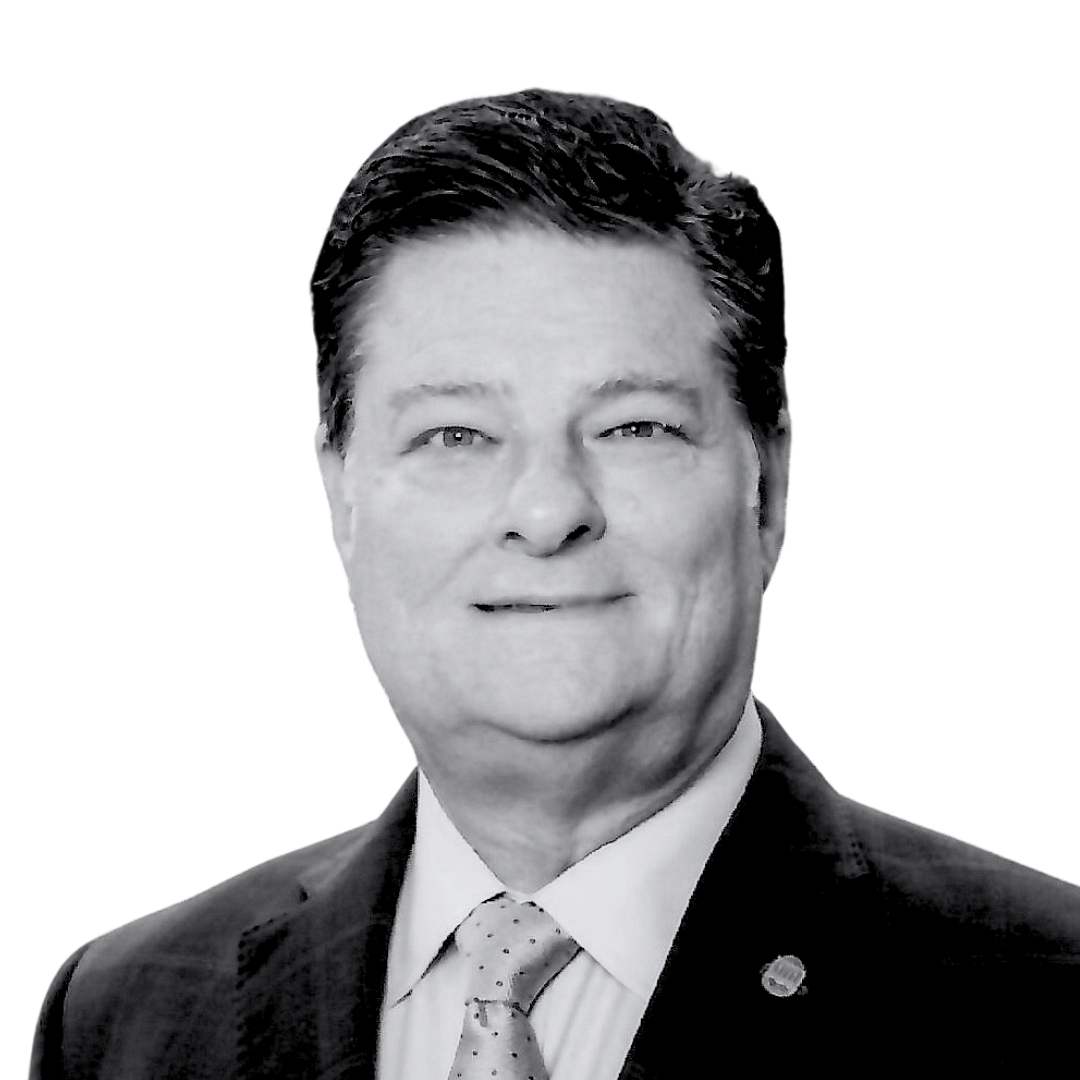The Big Short and the Little Guy
On Thursday of this week, the South Carolina Public Service Commission (PSC), the state agency charged with setting rates and generally serving as a tribunal for utilities in South Carolina, held its first hearing on both the Dominion deal and future nuke rates. The PSC is considering whether Dominion Energy, a Virginia-based company, should be allowed to “combine” with Cayce-based SCANA Corporation, the parent of South Carolina Electric & Gas (SCE&G) and other companies. That panel is also concerning itself with whether to roll back SCE&G electricity rates to provide “rate relief” to customers for the expenses of the failed V.C. Summer nuclear project, a joint project of SCANA and government-owned Santee Cooper.
Right out of the gate, the finger-pointing began. SCANA attorneys argued that the staff of the PSC, and of state utility watchdog ORS (the Office of Regulatory Staff) were trying to sell the ratepayers and citizens of South Carolina…well…fake news. SCANA said that PSC and ORS weren’t in the dark about problems at V.C. Summer, reminding the PSC Commissioners and the large crowd present that ORS actually maintained an office at the nuclear site.
It was clearly a case of Monday Morning Quarterbacking. For those unfamiliar with that phrase, it is the watercooler activity that takes place on Monday Morning where the boys in the office (usually boys, but not exclusively) opine on, say, what Cam Newton of the Carolina Panthers should have done in the NFL game the afternoon before.
Monday Morning Quarterbacking is a prime example of hindsight is 20/20. It isn’t worth much.
But what if there were such a thing as Sunday Morning Quarterbacking, as in a prophetic insight into the future that can actually predict what will happen? That would be impressive, huh?
Here in South Carolina, on the matter of V.C. Summer, there were three individuals who were so spot on as to earn prophet status.
First, here are energy analysts Jim Clarkson and Rod Funderburk writing in April 2007 about the pending Base Load Review Act that made the V.C. Summer debacle possible:
If passed, this legislation will change the way utilities in SC are allowed to recover their investment in new generating plants greater than 350 MW, regardless of the fuel (nuclear, coal, whatever). There is no way to sugar coat it. This is really bad legislation for the consumer.… The promise of “lower” potential rates once the project is completed sounds good but the chances of customers seeing actual benefit from this proposal is doubtful. The risk associated with the costs of new generation is being shifted away from the utility management, shifted away from the utility shareholder, and dumped on the ratepayer.
Wow.
But twenty years before the Base Load Review Act, there were those who were concerned about the risk being assumed by the ratepayer for big capital projects, often without their consent. In the 1980s, another utility was in court (twice) to defend plans to join with several municipal utilities to build a nuclear plant. Here what SC Supreme Court Justice Bruce Littlejohn had to say, first in 1982 then in 1984:
There is no assurance that the cost will be so limited, for in this day of cost overrun and inflation, the cost might easily be twice as much…. It absolves [the utility] of all liability and assures it of cost plus construction and operating profit. It cannot lose. On the other hand, in my view…the ratepayers cannot win.
Now that’s some prognostication. If finished, a different plant, V.C. Summer, would have cost about twice what it was supposed to. Like Michael Burry, the hedge fund manager who predicted the housing crisis of 2005 (made famous by the book and film The Big Short), I expect Clarkson, Funderburk, and even Littlejohn were mercilessly ridiculed for their concerns about how nuclear reactors were being financed, but in hindsight, we now know they were at Isaiah and Jeremiah level.
I’m sure our concerns here at PPI about Santee Cooper’s rates were ridiculed as well. But we are confident the truth will win out. We also believe that the V.C. Summer crisis and a number of others of late involving state utilities mean that the regulatory “natural monopoly” model for utilities just doesn’t work for the little guy, the lowly ratepayer. Ratepayers deserve freedom and competition for their business in electricity. How can that happen? Stay tuned!
Image courtesy of SCETV.






